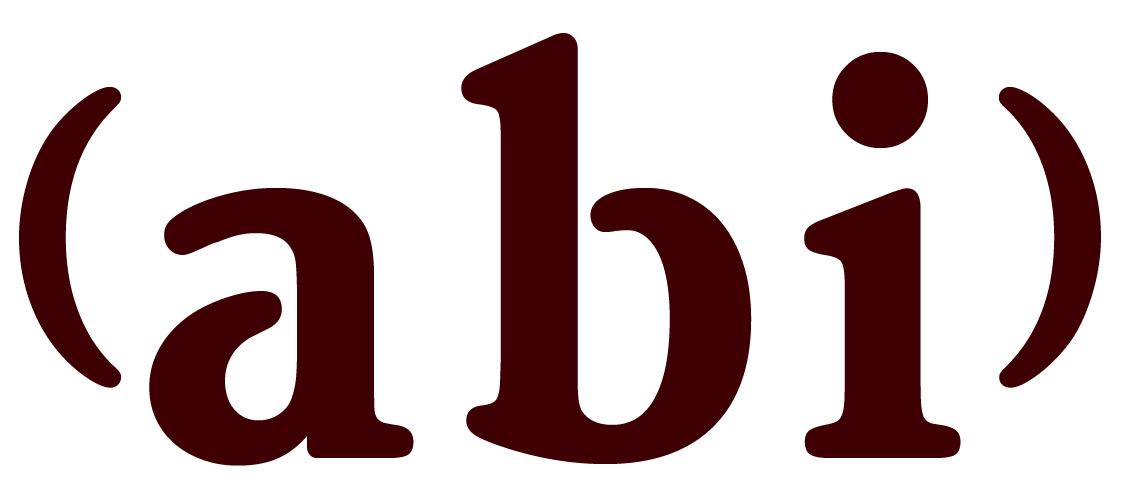Encouraging others to expand their vocabulary
By Jonas Hinkley
One of the first things I noticed upon becoming a parent of a child with a disability is that a word I’d hardly noticed in my childless life was now suddenly everywhere. I heard it on TV and in the movies, I heard it on my way home from work when I was surrounded by teenagers on the MAX train; it’s all over the internet, of course, and when I actually had a spare moment to sit down and read I found it staring back at me from the written page.
It didn't help that I was often reading comics, which, while significantly more mature and well written than when I was a kid, are still primarily written with an ear towards modern slang and the relative youth of their readership. And so the words “retarded” and “retard” were thrown around without a thought.
So I started writing e-mails whenever I came across the words. My goal was not to just berate people into realizing that what they were saying or writing was WRONG and BAD and EVIL, even if that’s what I thought. I’m still too cognizant of the fact that a short 19 or so months ago, while it may have been infrequent, my own ignorance might have led me to say something was retarded when I meant “stupid.” And it wasn't until Archer, my son, came into my life that I realized how limiting, reductive, and offensive that was — while he may have an intellectual disability, he’s in no way not smart. And so my letters would be composed in a way that I hoped was engaging and yet got the point across that the indiscriminate and thoughtless use of the r-word needed to stop.
More often than not, the response, if I got one, would be of the “I’m sorry you’re offended, but I just see it differently” variety. But even in those cases, it’s my hope that the perpetrators will think about the word the next time they use it.
And then there was All-Star Superman issue #11. In one of the opening pages, the villain of the piece, Lex Luthor, calls his jailers “knuckle-dragging retards.” Well, not only was this pretty horrifying to me, but as this is one of DC Comics’ flagship titles, and one that is specifically promoted as being great for new readers, I couldn't quite believe that using this word was acceptable to their editorial office. And so I wrote to the publisher and editors with what I thought was a pretty reasonable request to not use that word.
A week later, I got a response from Paul Levitz, the publisher, who agreed with me that this was not acceptable use of language in their publications. He stated that he and the editors would make sure that this was changed prior to the publication of the trade paperback featuring this issue. This was much more than I expected, and I’m happy to report that DC followed through; in the most recent publication of the collection, the r-word is nowhere to be found. This means that someday Archer and I can read what was otherwise a pretty great Superman story without either of us having to cringe at the unfortunate use of the r-word. And I guess it shows that no matter how insignificant the action, it’s possible that your voice will be heard and that change — even if it’s slow as molasses — can occur.
